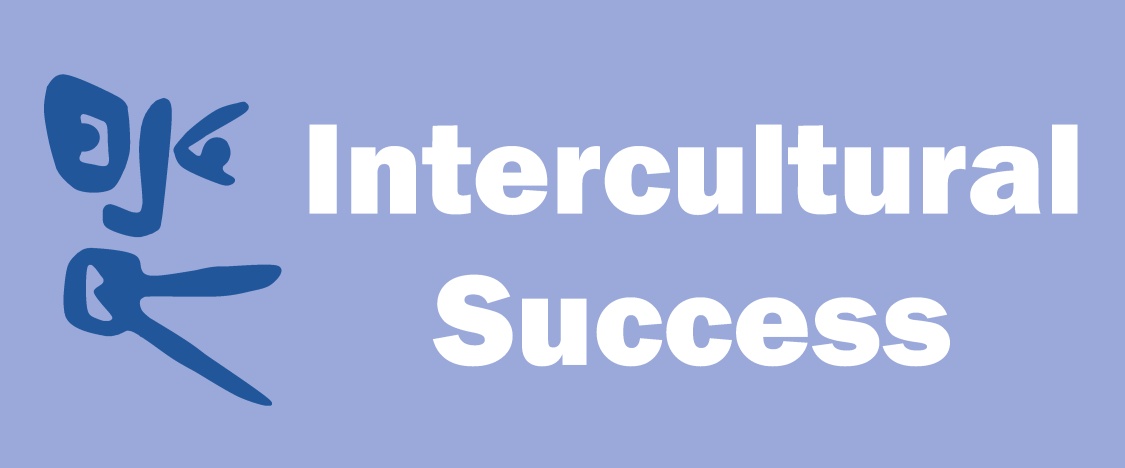18 February 2025|relocating
Once you’ve been an expat (expatriate), you are, at some point probably going to be a ‘repat’ (repatriate).
Expat to repat.
You’ve completed your expatriate assignment or assignments and now after a number of years, you are returning home. This may be planned, may be requested by you, or may be because of external factors like changes in company structure, company merger or retirement. What now?
You are probably considering two main things:
Your professional life;
Your personal life/family.
They are both important and what is vital is the new balance between the two.
Professional life
Whether or not you are being transferred directly into a specific role within your company, this is a good time to update your CV/Resume.
It will be easy to include the experience you have gained, and new skills acquired.
What will be more difficult will be translating the other things you have learnt. For example, the cultural skills you have gained in terms of working with, leading, and communicating with others.
It may be that your new role or next role doesn’t require experience with a particular culture, but your experience has probably made you a better communicator and a more empathetic colleague. So, how can you include this in your CV/Resume?
There may also be things you did which became part of your role and are not immediately apparent to others. For example, dealing with local government. Even if this is not something you are going to need to do now, how can this experience be included?
Personal life
The biggest challenge you will face when returning after being an expat is how to recreate your quality of life.
Free time
Many people find that being expat means that they have more free time, more chances to travel, time for hobbies, and more support domestically.
For example, perhaps you have enjoyed being able to sail every weekend. You have now returned to living inland and don’t have a boat. So, for the moment you can’t recreate this. However, what you can recreate is the benefits sailing gave you in terms of relaxing, socialising, and separating personal time from work time. How can you do this now? A good start is to make sure that work doesn’t impinge into the weekend.
Little fish in a big pond
Many people returning to their home country after a period as an expat, find that they are suddenly ‘a little fish in a big pond.’ This is especially true if you are returning to the Head Office of your company. Your time as expat as ‘a big fish in a little pond’ may have given you more responsibility, more chances to be involved in strategy, more connection with different parts of the organisation.
Action points
This shock to the system is an inevitable part of the transition and usually adjusts with time. You can help it by focusing on editing your CV to reflect all your experience gained. Even if you are not going to immediately use your CV, this exercise will help. It will mean that you feel prepared but also, you will be surprised at how much you have learnt in terms of hard and soft skills. It will give your confidence a boost and may also highlight internal roles which could be a good fit for you now.
Most people find that the amount of help they are given as an expat is not reproduced when they return to their home country. Even if you have been away for ten years or more, you are still perceived to be in your home country. This is true but your home country has changed over the time you have been away and so have you. So, there is an adjustment to be made.

Finding help and support
Usually, other people will not offer you help. The ones that do will be those who have been through the same experiences you have, and who know what you may need. The others won’t think help is needed. However, they will help if you ask them.
If you are missing things about where you have lived, find another returned expat to discuss this with. They will understand. For example, if you have had domestic help for all your time away and now don’t, it will be an adjustment. It’s not an easy subject to discuss how you miss the servants/housekeepers without sounding lazy or entitled. This is when other returned expats are ideal to talk to. They will understand when you say – “I haven’t ironed my own clothes for ten years.”
If you move back to any area you have lived in before, there will be another type of adjustment. Even if you have visited during your time as an expat, in some ways, it will be like starting somewhere new. The people you knew will all have moved on in terms of their stage of life and so your relationships, and common interests may well have changed too. You also have changed, in some ways you realise, and in some ways, you won’t know until you get home and meet your old friends again. Keep in mind too, that a lot of people still view expat postings as being on holiday and so may not have much sympathy for you.
Family
If you are returning to your home country as a family, there are other challenges to be met.
Accompanying partner
A lot of the challenges of your accompanying partner will be the same as yours. If they will need to rejoin the workforce, they too could be finding coming home scary. They may not have worked because of family needs, because it wasn’t possible where you were based, or from choice. Now returning to your home country, perhaps they need or want to work. For example, perhaps where you have been living most partners did not work and there was an active social community. Now in your home country the opposite is the case. Perhaps they are faced with their skills being out of date or with how to fill a large gap on their CV/Resume?
Children
If you are returning to your home country, the first thing to do is to calculate how much of your child/children’s life has been expat and how much in your home country. This ratio will give you clarity on how to best support them and will be very different to yours. If this is the first time they are living in your home country, then for them it will be like a brand-new country. Even if they have visited, living somewhere is very different.
Then consider schooling and which system they have been in, and which system is their new one. It is easy to understand the differences in curriculum. It’s more difficult to understand the differences in the social side of school, the behaviour expected and how the teachers and children interact. For example, how do children ask a question or leave the classroom? What happens when a child has a birthday? This differs hugely between education systems.
Wanderlust or career change
Perhaps you have realised that you want to work and live in another country again. This will probably need to be a medium-term plan, and it is best to settle and re-establish a life first.
Perhaps this move has made you realise that you want a different type of life and career, or that you want to live in a completely different area of the country.
Handle the move back first! Push these other thoughts into your medium-term plans.
Retirement
If your return to your home country is also meaning retirement, then you are handling two major changes at the same time.
This will be covered in a further article.
Conclusion
If you are moving home after an expat move, treat it as a move to a new country. So, think of it as move to “Country X in 2025” and plan and prepare just as you did for your expat moves. Remember the skills you learnt as you settled into expat life and apply them to being a repat rather than an expat.
Follow these tips now and it doesn’t have to be scary!
Further Reading
Repatriation article on Wikipedia
Three things to do to be successful globally
Intercultural Success Coaching
If you are an expat coming home soon, and you are finding the idea of repatriation scary or challenging, please contact Intercultural Success. We have decades of experience and have helped hundreds of coming home expats repatriate successfully.
Contact us today to discuss your challenges.

